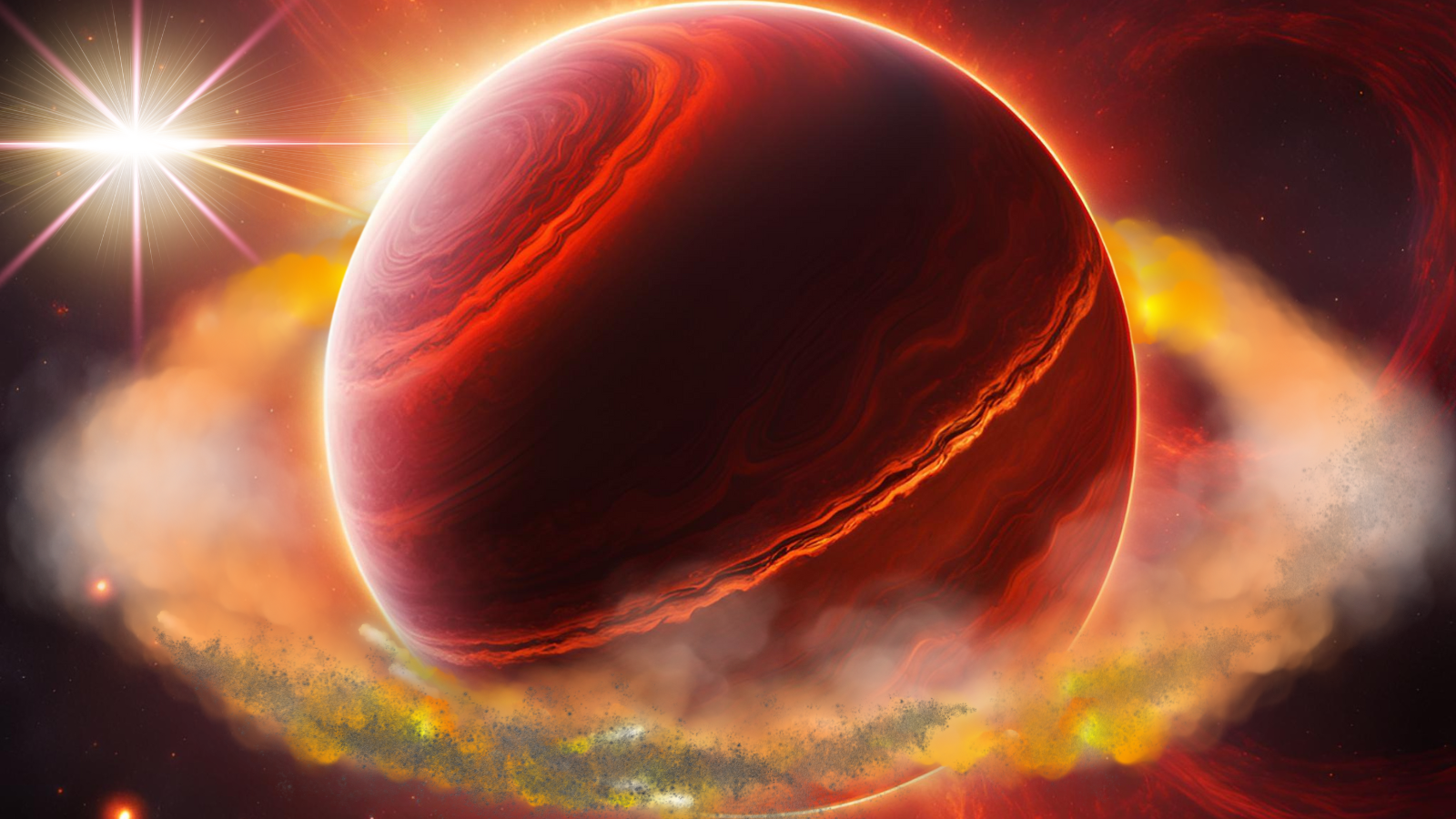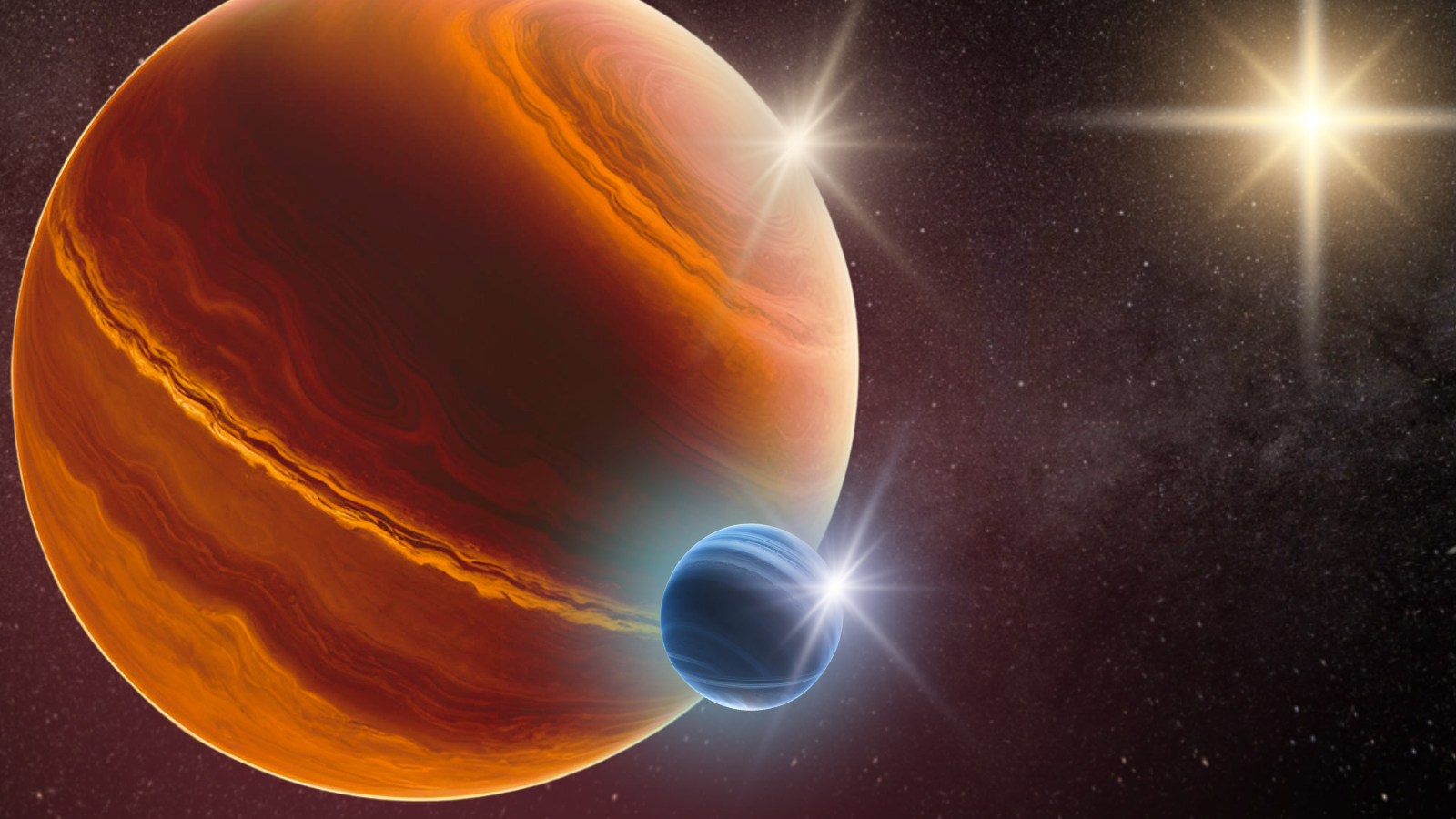Exoplanets
Latest about Exoplanets
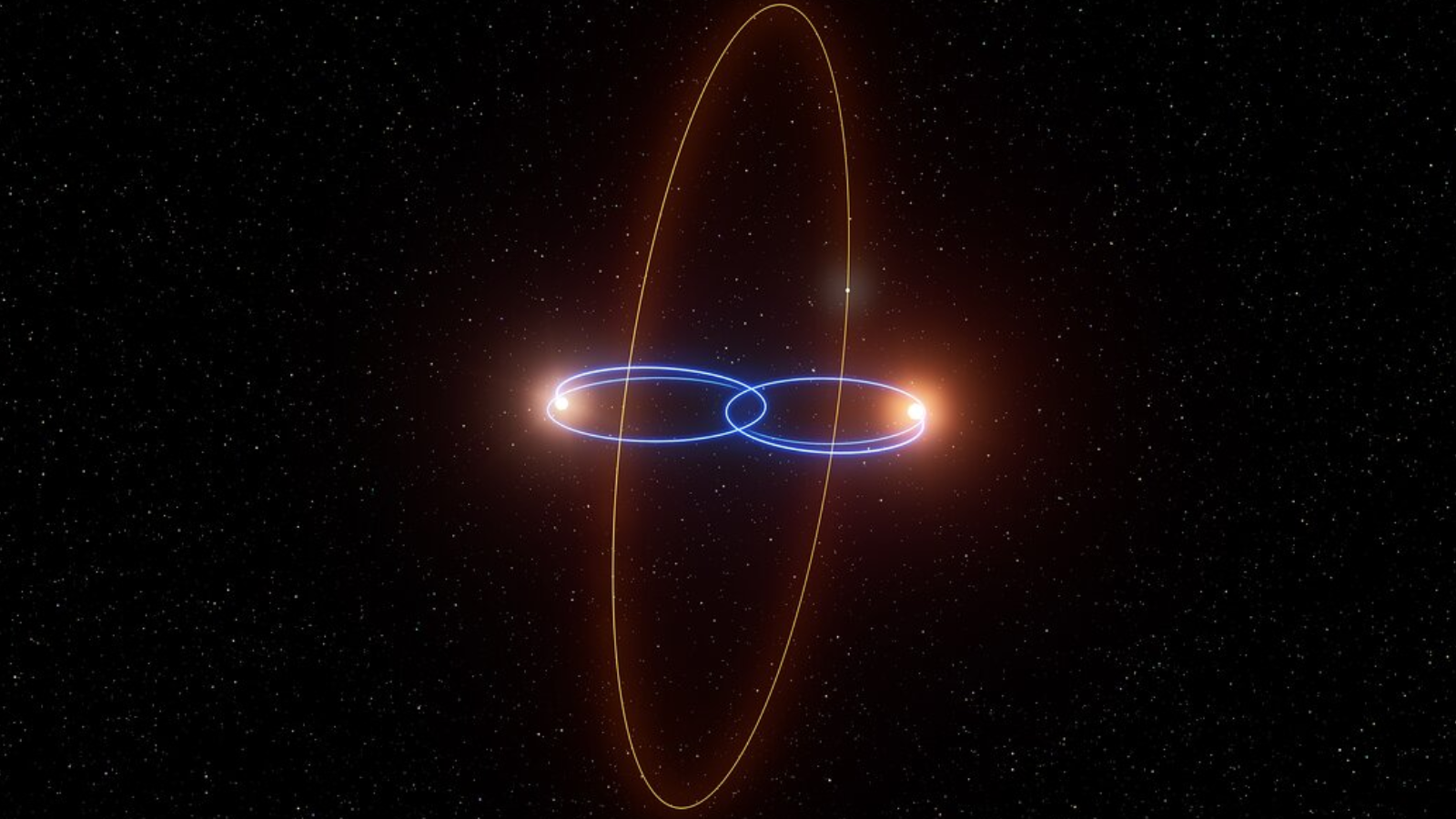
Scientists discover bizarre double-star system with exoplanet on a sideways orbit (video)
By Robert Lea published
Astronomers have discovered the weirdest planetary system ever seen, consisting of a planet rolling around rare binary "failed star" brown dwarfs at a 90-degree tilted angle!
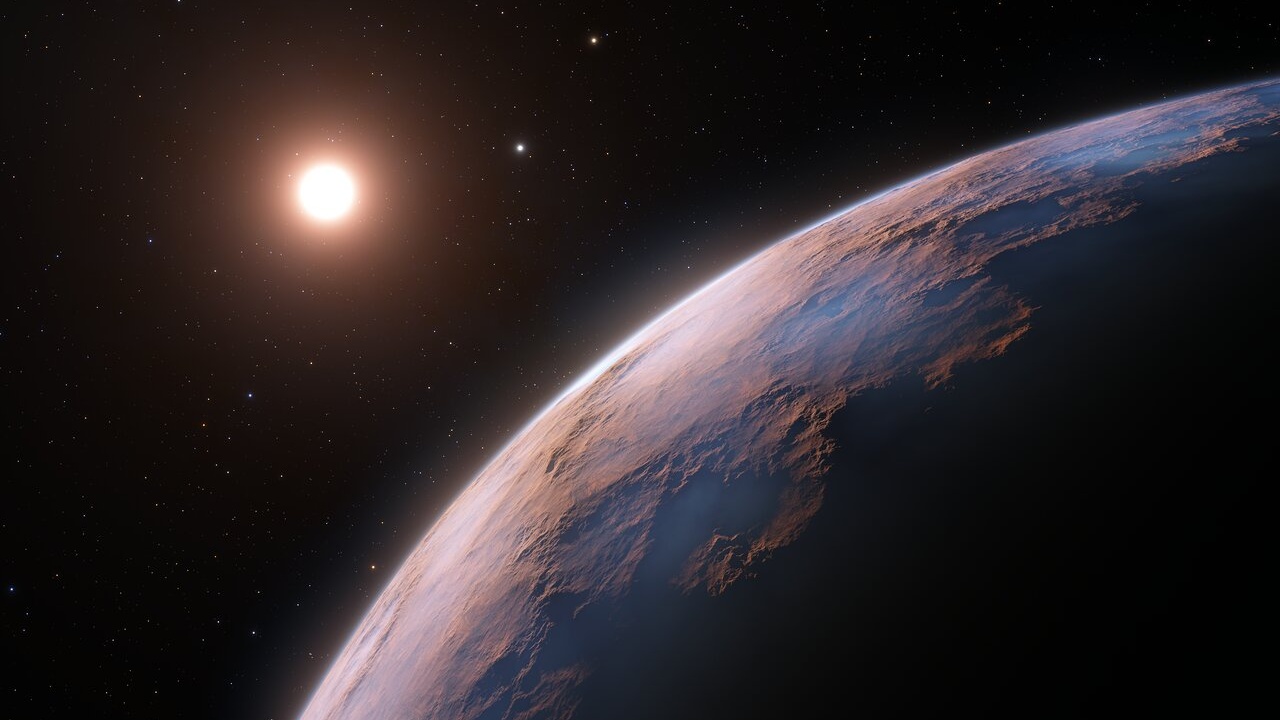
How artificial intelligence is helping scientists hunt for alien Earths
By Keith Cooper published
An AI algorithm designed to look for planetary systems that could host Earth-like, habitable zone planets, has found 44 candidates.
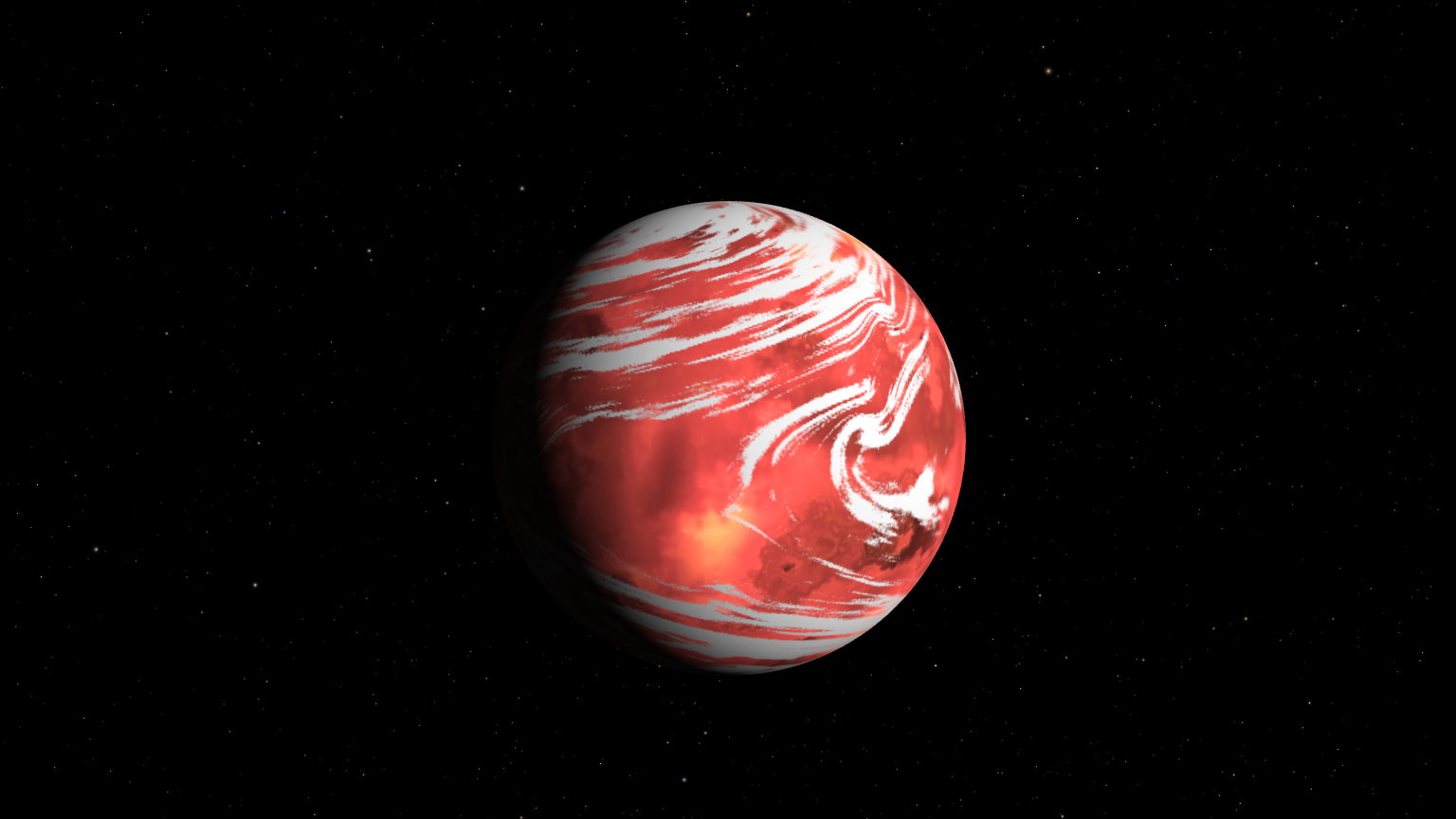
Nearby exoplanet could offer clues about atmospheres around hot, rocky alien worlds
By Sharmila Kuthunur published
A nearby Earth-sized planet beyond our solar system could soon add to the diversity of known terrestrial worlds with their own "air."
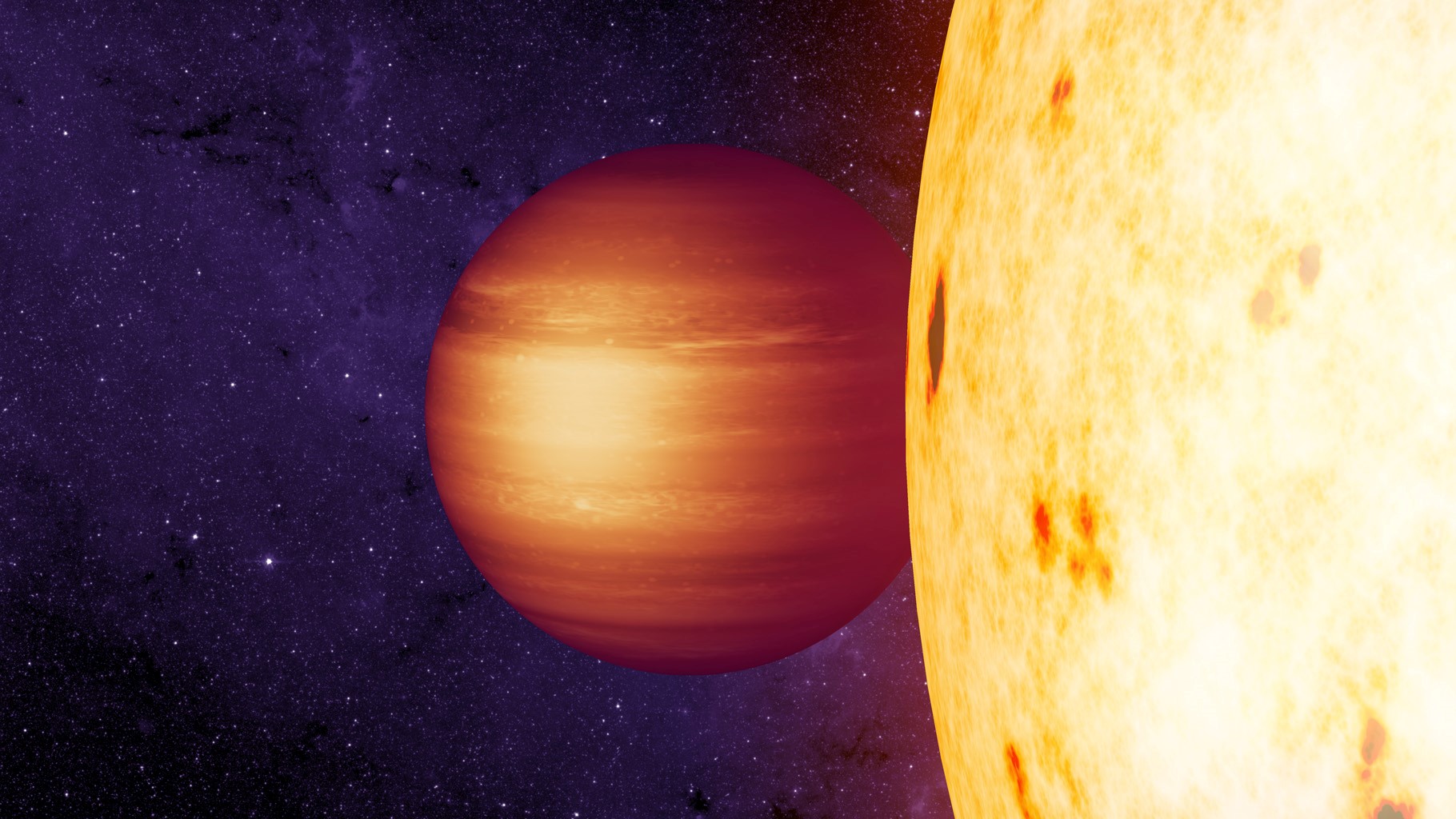
How science gets tested on alien worlds: 'We quickly realize how much there is yet to discover'
By Victoria Corless published
New insights into the chemistry of exoplanet atmospheres indicates planet-wide rainfall might take place following hydrogen atmosphere and water mixing.
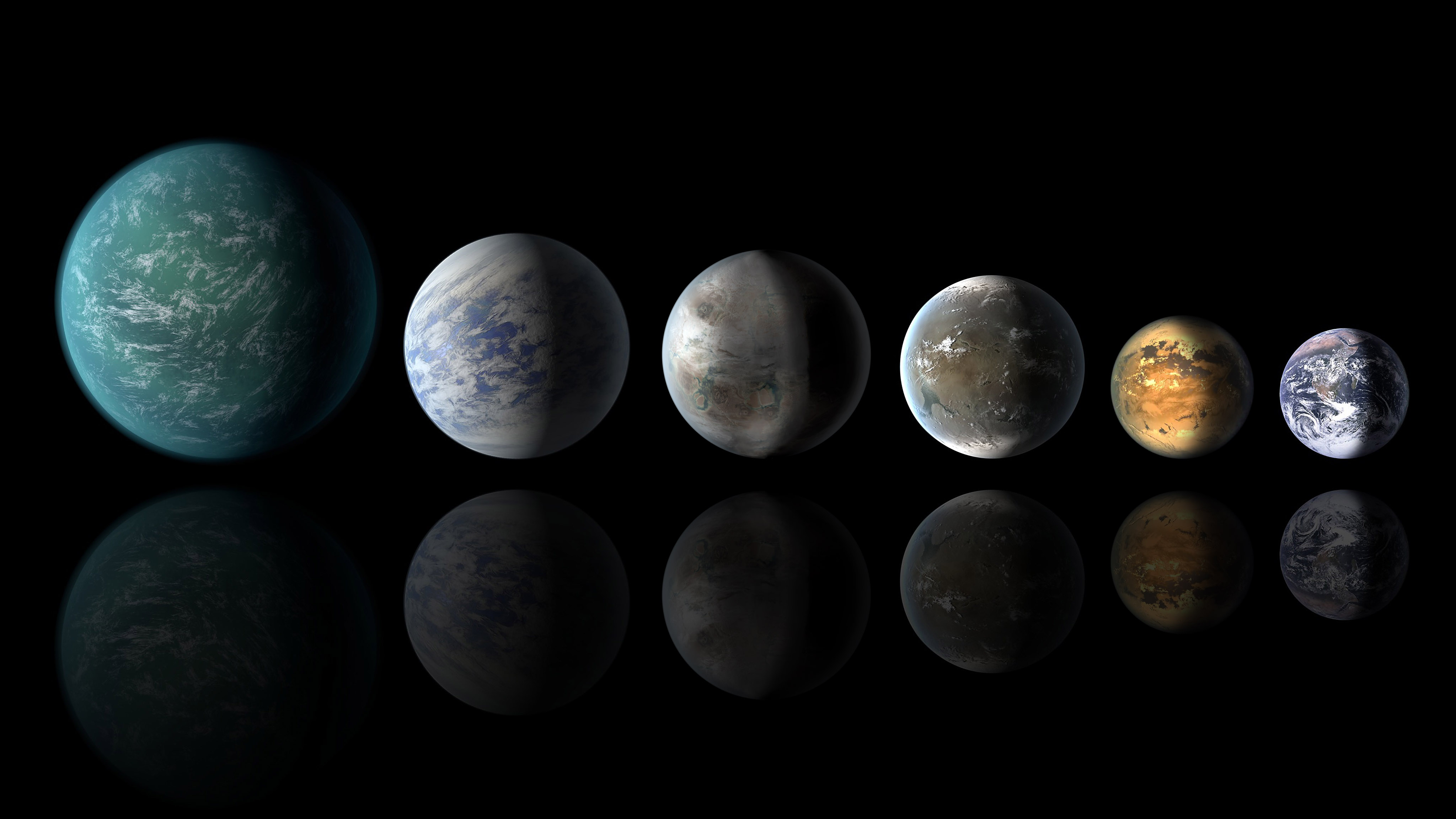
What's the difference between a young exoplanet and an old one?
By Victoria Corless published
Understanding exoplanet evolution could help solve the mystery of the 'hot Neptune desert.'
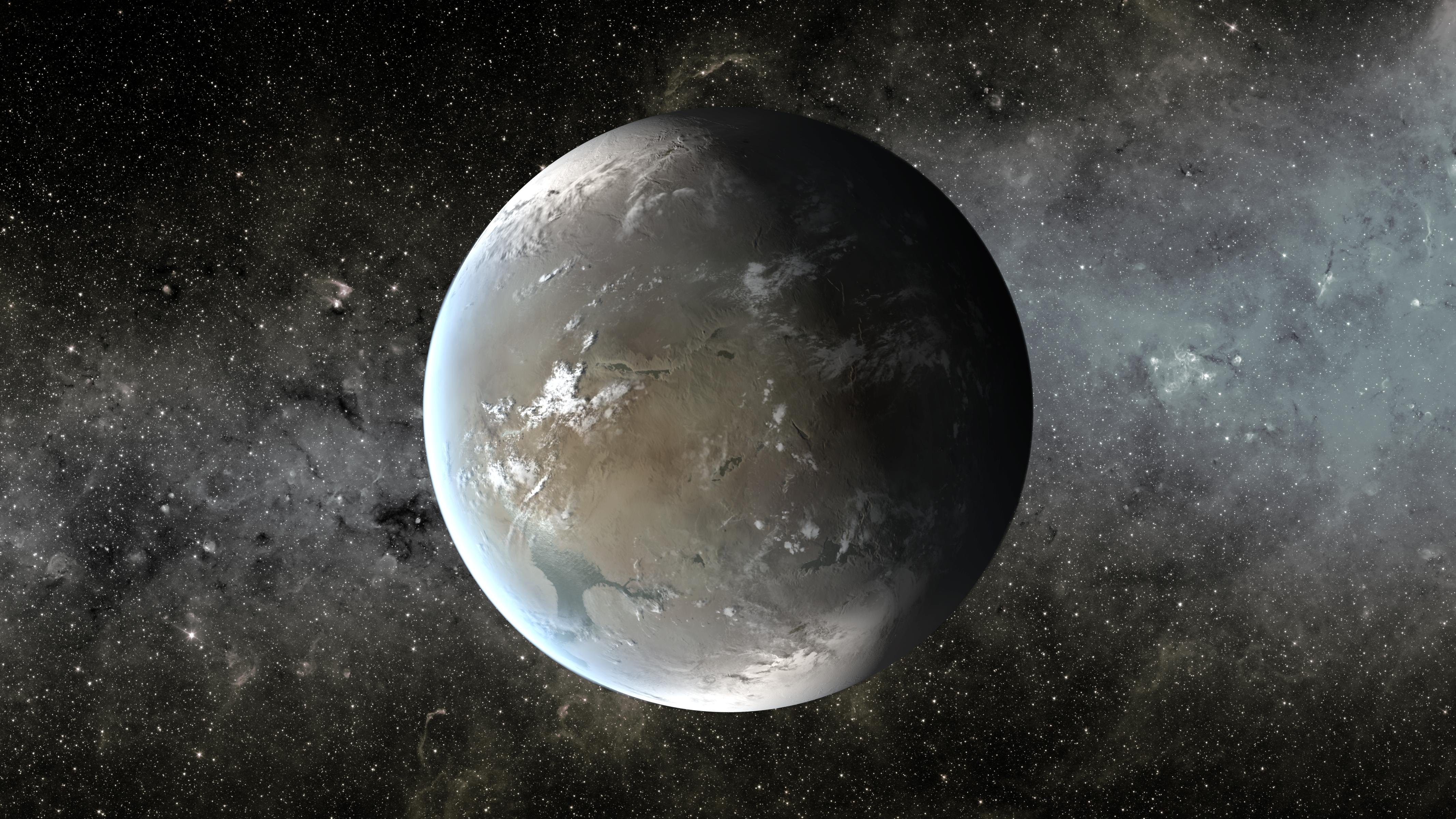
This newly found super-Earth might have blown off its own atmosphere
By Keith Cooper published
A newly found super-Earth could help provide answers as to why there are hardly any planets twice the diameter of Earth.
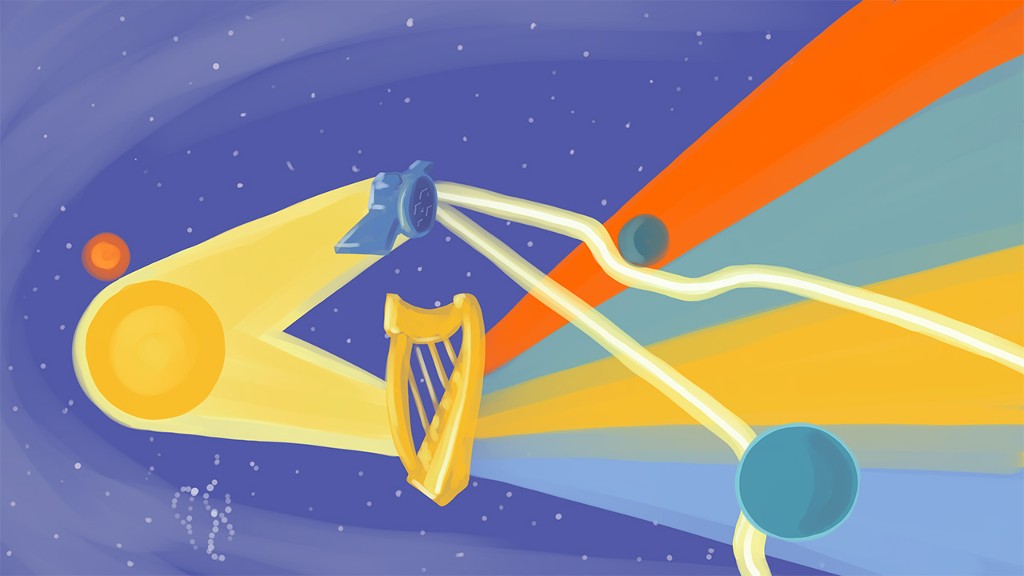
2 newly found exoplanets reignite an outstanding question about our solar system
By Samantha Mathewson published
Astronomers have discovered two new exoplanets that are similar to other worlds found in the Milky Way, but unlike any in our own solar system.
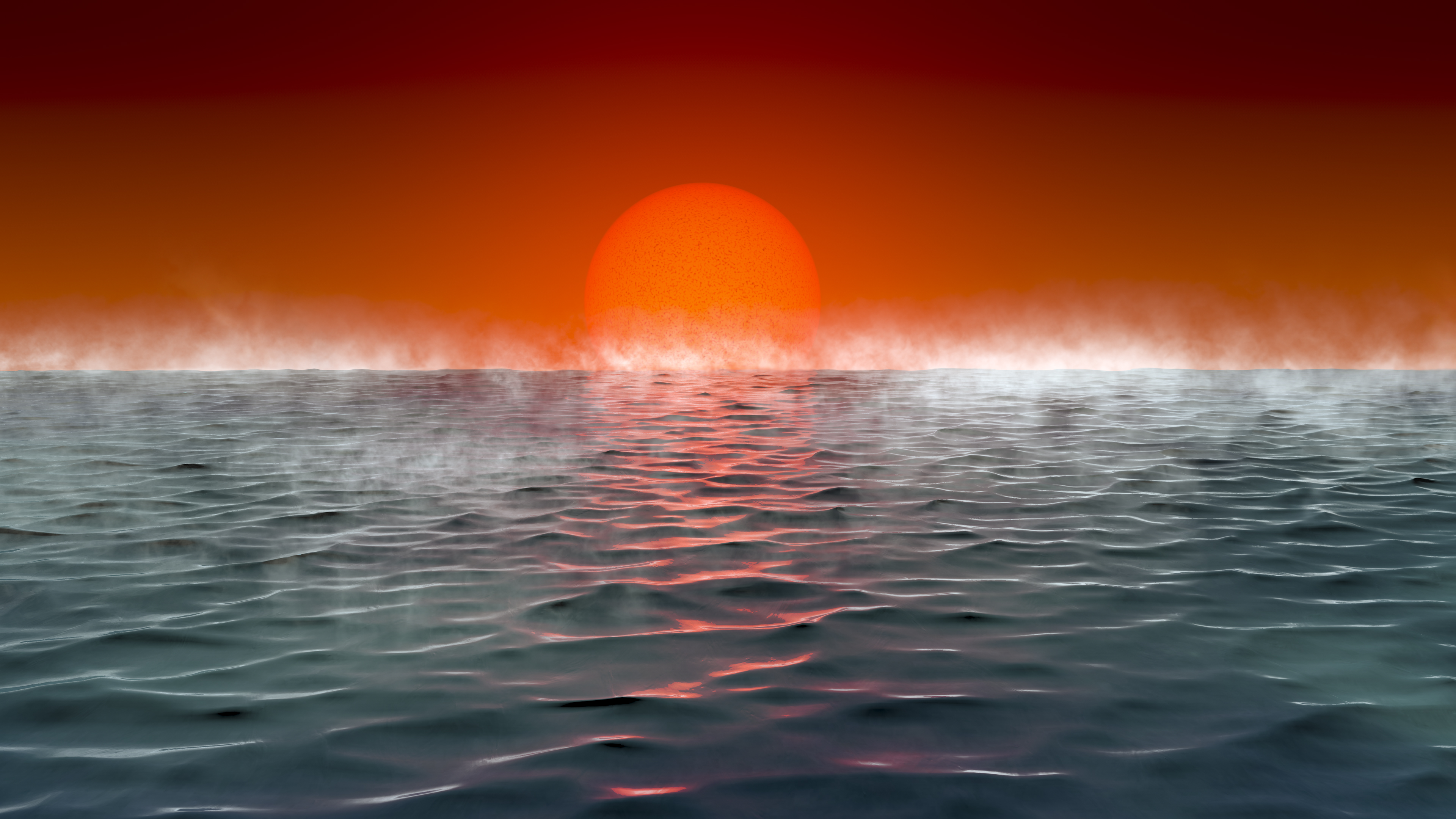
James Webb Space Telescope could find signs of life on alien 'hycean' ocean worlds
By Keith Cooper published
JWST could potentially detect the signature of methyl halide compounds, produced by microbial life in Earth's ocean, on hypothetical hycean exoplanets.
Get the Space.com Newsletter
Breaking space news, the latest updates on rocket launches, skywatching events and more!
